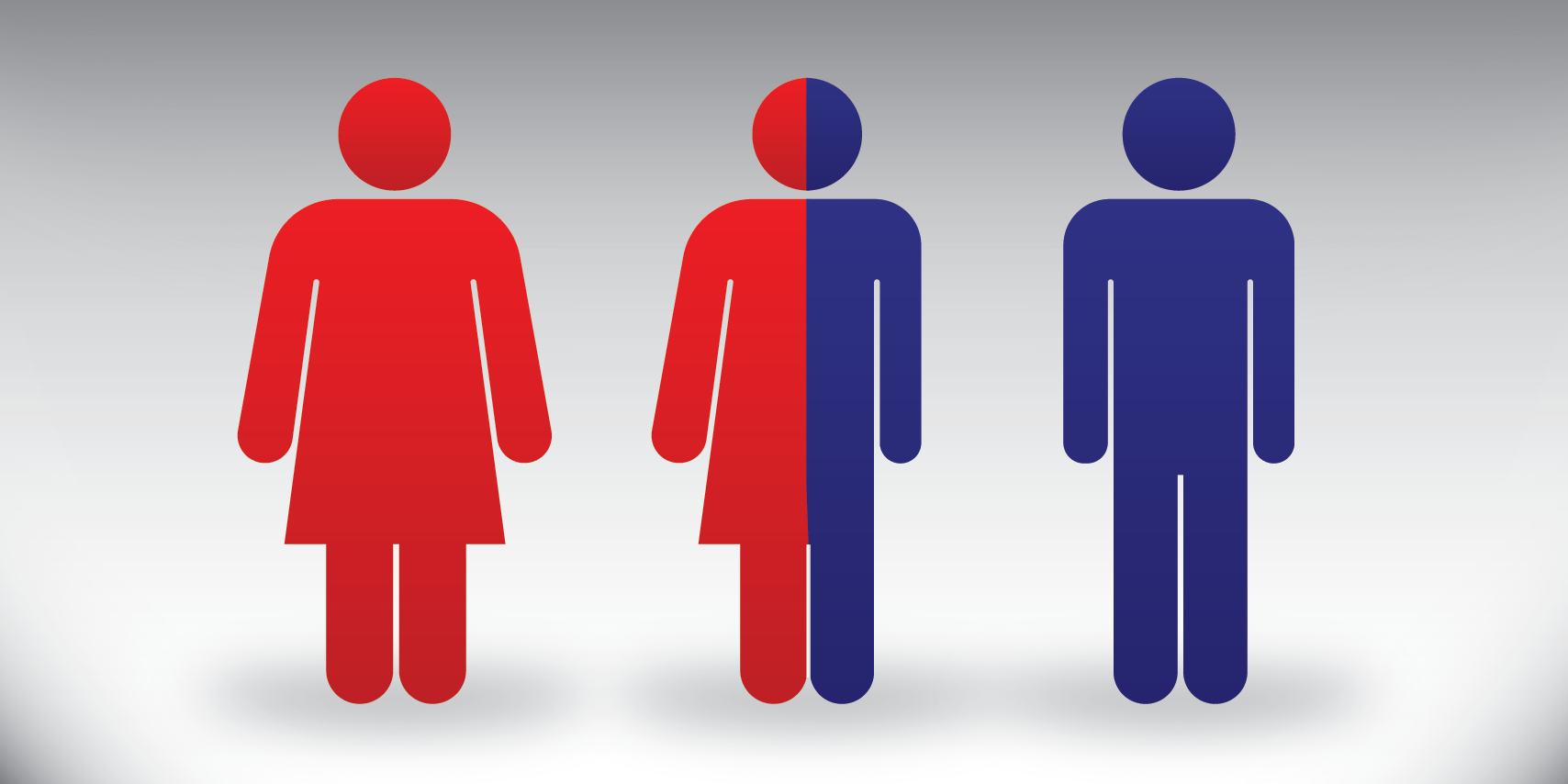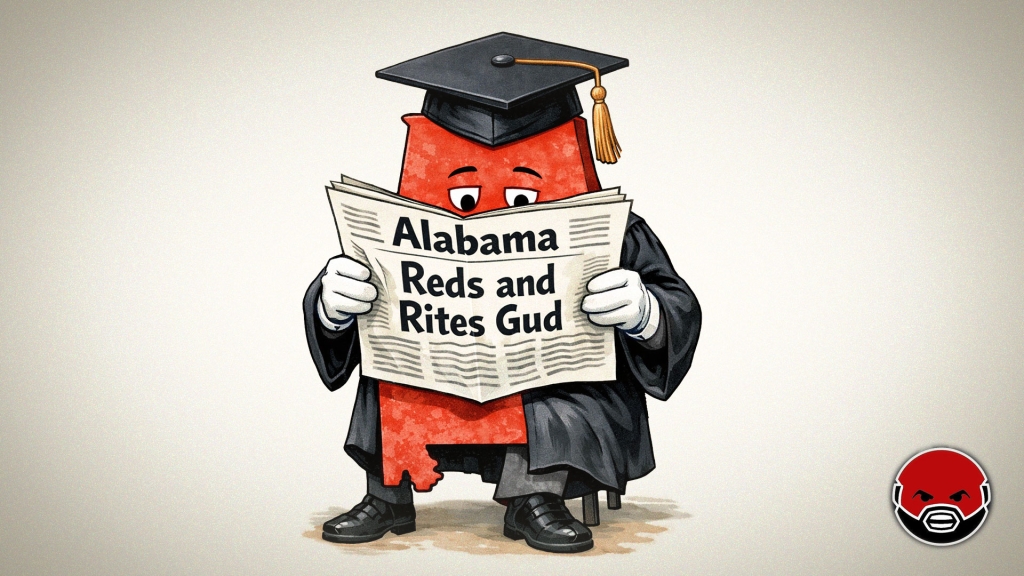Growing Confusion on Gender Identity
I read an article recently about a gay man who met a woman at a brunch in Los Angeles. The woman had transitioned to becoming a “man” through hormone therapy (testosterone injections giving her facial hair, more muscle mass, etc), and this transgender “man” then began dating the gay man, thereby becoming a gay trans “man.”
They soon got “married” in a same sex “marriage” ceremony. The gay trans “man” (who is actually a woman) has stopped taking testosterone injections and is now pregnant with child.
I use quotation marks above not to be in any way disrespectful or dismissive of a person but to show how these words have, with the present gender dysphoria, become meaningless.
Calling a biological male or female by their opposite noun or pronoun does not acknowledge their identity but further confuses it, assisting in cutting off that person’s connection to their own bodily reality. Saying a man is a woman or a woman is a man ignores the most basic truth of their very being; a truth inscribed even in the genetic markers that identify them in their trillions of somatic cells as male or female.
This mismatching of names creates a misconception of human sexuality and identity. In the words of the gay man in the above story, one reaches the sundered conclusion that “body parts matter a lot less than we think they do.”
However, in light of St. John Paul II’s theology of the body, an extensive reflection on our anthropology rooted in Genesis, we were meant from the beginning to be in harmony with our bodies. We are, in fact, our bodies. Our parts are part of the whole, and the human spirit suffuses all of the parts.
Our healing, in this revealed light, lies in a reconciliation with our bodily reality, not a license to reconfigure it.
It seems, however, that reconfiguring and redefining the inherent meaning of things lies behind the more militant LGBTQIA+ agenda. Law professor and homosexual activist Paula Ettelbrick once said:
Being queer means pushing the parameters of sex, sexuality and family; and, in the process, transforming the very fabric of society. We must keep our eyes on the goals of providing true alternatives to marriage and of radically reordering society’s view of reality.
In this article, I want to address not so much this philosophical and epistemological attack on the nature of the person, the family, and indeed reality itself, but to offer a kind of posture when it comes to addressing the actual people caught in this maelstrom.
We see an increase in encounters with people struggling with their sexual identity in our families, friendships, neighborhoods, parishes, schools, and universities. The gender ideologies at present offer dozens of varieties of expression and encourage exploration. These attempts to redefine our sexuality have created a crisis of conscience for many regarding dialogue with their family members or friends who are seeking to “transition,” desire to be called by a new pronoun or name, or perhaps “marry” a person of the same sex.
So how should a “heteronormative” person (that is, one who subscribes to a world view that promotes heterosexuality as the normal or preferred sexual orientation) respond to the person before them who subscribes to such a non-traditional or non-binary agenda?
How to Respond to Someone with an LGBTTQQFAGPBDSM Ascribed Identity
(or any human suffering from the consequences of original sin in general)
SAY P.L.E.A.S.E.
1. PRAY quietly to the Holy Spirit the WHOLE time you are in conversation with the other person, for healing and wholeness in yourself (first and foremost) and for healing and wholeness in the other person.
2. LOVE them. They image God on earth. You’re called to communion with them as a fellow image of God. So look at them, in the eyes, where the life of their spirit bubbles up and over, spilling into yours.
3. ENTER into their experience. Listen more than you talk.
4. ASK them what they want more than anything else in the world. Chances are you want the same thing. Then, when common ground is set…
5. SHARE a bit of your own sense of your identity; where have you come from, where are you going? Share your crooked path, the imperfect family history. The faces and the places that formed you. Your own longing to be known, to be loved, to be seen, to have a relationship and a place to find and to give yourself. Share your understanding of the theology of the body, the plan of God for making us male and female, called to love and life through sexual complementarity.
6. EXPLAIN that you care for them and that in that light, you are honored to have shared time talking together and would love to talk some more. Don’t feel like you need to fix something, tidy something up, bring closure or sign a contractual agreement. You just shared some human time together. What did you learn by receiving the gift of this other person? Maybe it was messy, heated, maybe you were misunderstood. That’s ok too. What did you learn from that experience?
If the conversation continues (and pray it does), talk about your personal experience of the way you came to know your identity – by contact with the world through the reality of your body, through the mystery of other people in your family, and through the other people and things around you.
Coming Back to Our Senses
All of our senses are doorways to the world, and we learn the world and how it works and what it means through the portals of our senses.
We learn that in the hearing, seeing, tasting, and touching through our sense organs, there is often a gift or pleasure connected with the function. Generally speaking, the ears are for listening, the eyes for looking, the tongue for tasting and the genitals for generating new life.
Happiness and peace flow from our being attentive to and obedient to the nature of these things. Sometimes wounds come through these places.
But closing them off or going against the nature of a thing would bring discontent. It would be both dysfunctional and dysphoric.
A rightly ordered and happy heart, mind, and body come from receiving the reality with which we are born and living out its mystery in the light of God’s plan for its nature.
Feelings can be confusing, and even the clearest of them is still a feeling which needs the collaboration of the informed and inspired mind and heart.
At the end of the day, we are not defined by our feelings, attractions, or impulses but they can be a powerful fuel to assist us in self-discovery and the discovery of God.
Pope Francis wrote in his exhortation on the Joy of Love:
Desires, feelings, emotions, what the ancients called ‘the passions’, all have an important place… They are awakened whenever ‘another’ becomes present and part of a person’s life.
It is characteristic of all living beings to reach out to other things, and this tendency always has basic affective signs: pleasure or pain, joy or sadness, tenderness or fear. They ground the most elementary psychological activity.
Human beings live on this earth, and all that they do and seek is fraught with passion.”
(Pope Francis, The Joy of Love, 143)
Man is invited through these feelings, attractions, and passions to “reconcile himself to his natural greatness,” in the words of St. John Paul II. He goes further:
But precisely when he so deeply enters into the order of nature, when he immerses himself, as it were, in the vehement processes of nature, he cannot forget that he is a person. Instinct alone will not solve anything in him, for everything appeals to his “interiority,” to reason and responsibility.
What appeals to him in a particular way is this love that stands at the cradle of the coming to be of human kind. Responsibility for love… is bound most closely with responsibility for procreation.
Therefore, by no means can love be separated from parenthood, the readiness for which constitutes a necessary condition of love.”
(St. John Paul II, Love and Responsibility)
Perhaps in the opening story, with all of the twists and turns the path took for the two, there is this spark “at the cradle of the coming to be of human kind. Responsibility for love.”
For all of the obfuscation, their bodies returned to a primordial truth – life comes to be when man meets woman.
Only in this return, this coming back to our senses, will the gift and sign of our sexuality make sense.
Bill Donaghy teaches at Immaculata University and is curriculum specialist for the Theology of the Body Institute, which seeks to penetrate and permeate the culture with a vision of true sexuality that appeals to the deepest yearnings of the human heart for love and union.
MORE EXCELLENT RESOURCES:
USCCB Resource on Gender Ideology
http://www.usccb.org/issues-and-action/marriage-and-family/marriage/promotion-and-defense-of-marriage/upload/Gender-Ideology-Select-Teaching-Resources.pdf
Fr. Mike Schmitz on Transgender Question:
https://www.youtube.com/watch?v=4-9_rxXFu9I
Dr. Paul McHugh, Surgical Sex
https://www.firstthings.com/article/2004/11/surgical-sex
Transgender Surgery Isn’t the Solution
A drastic physical change doesn’t address underlying psycho-social troubles.
By Paul McHugh
https://www.wsj.com/articles/paul-mchugh-transgender-surgery-isnt-the-solution-1402615120














